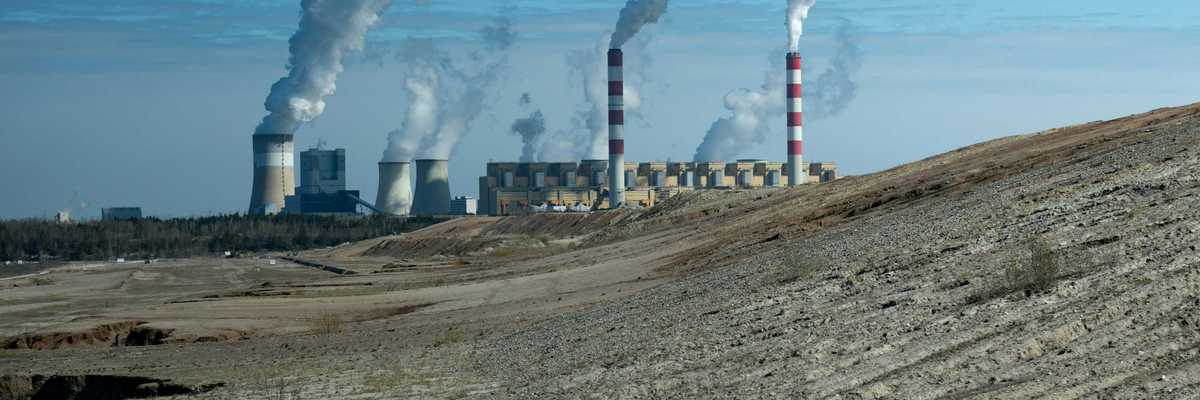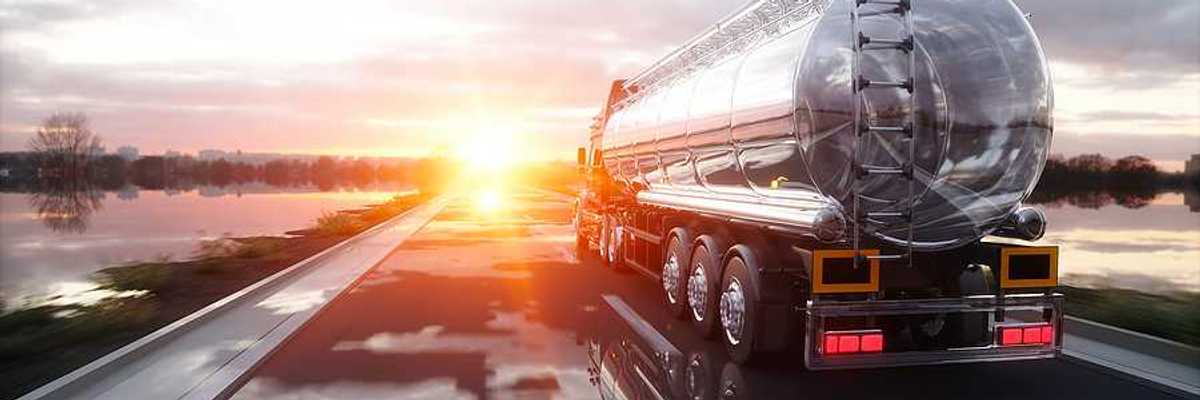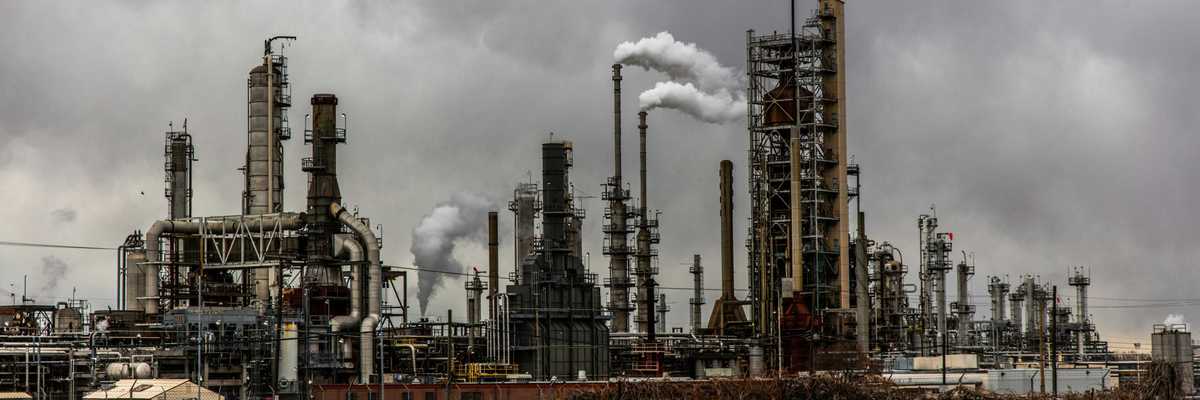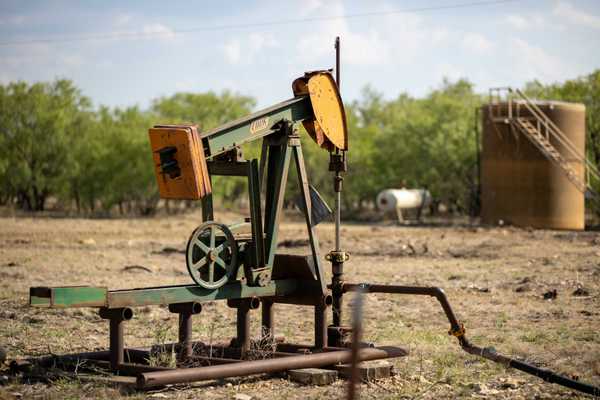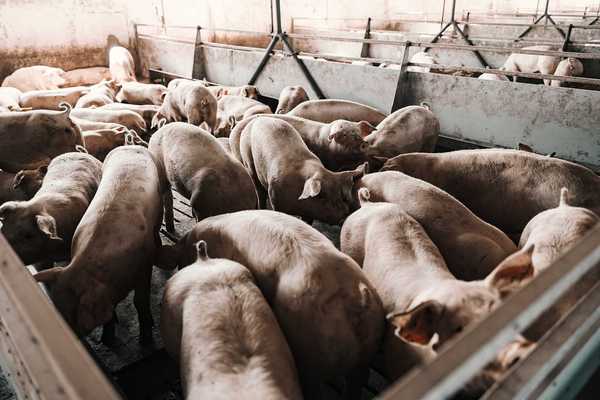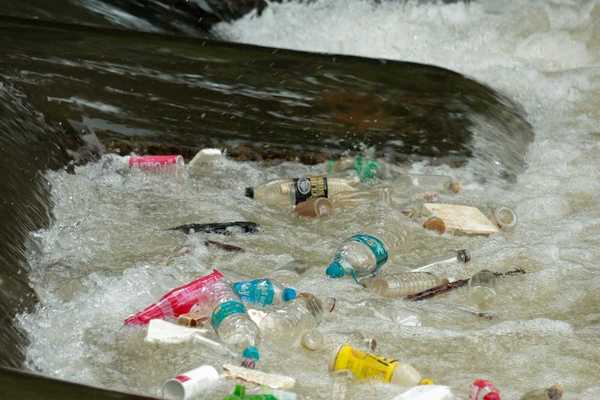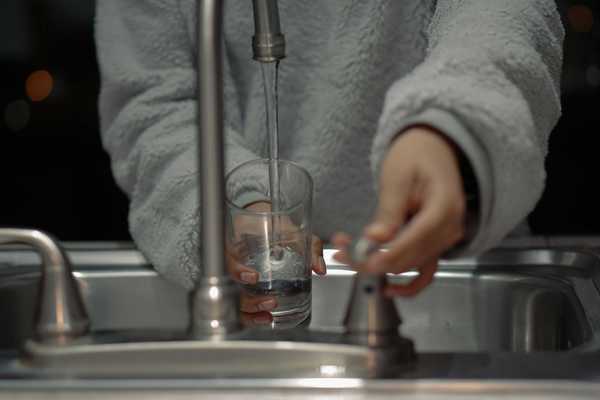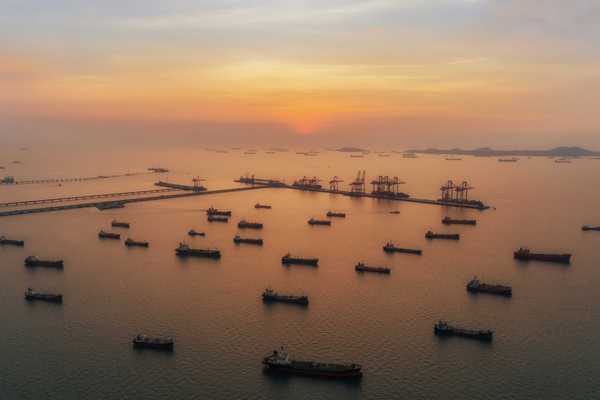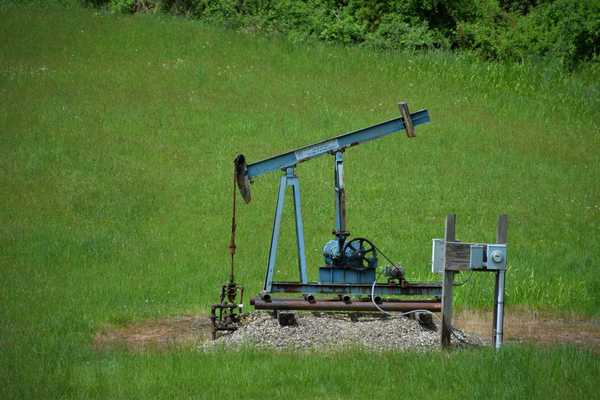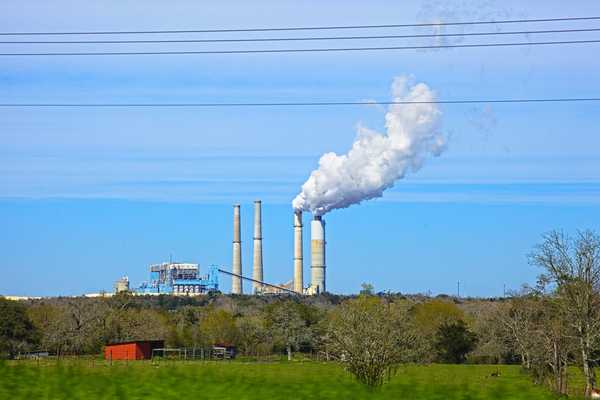water. pollution
Newsletter
Credit: Jake Forsher/Unsplash
The oil industry's latest disaster: Trillions of gallons of buried toxic wastewater
Industry and regulators knew decades ago that injecting drilling’s toxic liquid leftovers underground wasn’t safe.
Newsletter
Credit: Dusan Petkovic/BigStock Photo ID: 475773605
California pays farms to make biogas from hog waste in North Carolina, where locals say it’s fueling pollution
Last year, six hog farms in the state were the first to get funding from California’s program to offset its emissions from transportation fuels. The operations’ permits already have civil rights complaints against them for the pollution from the process.
Newsletter
Floods are sending far more plastic to the ocean than we thought
A new study shows that most plastic pollution from rivers is transported to the ocean during short, intense flood events.
Their water was undrinkable. Oklahoma's oil regulators failed to help
State regulators discovered strong signs of oil pollution, including high levels of salt and toxic metals, in one family’s drinking water. But for two years, they repeatedly delayed basic tests to find the culprit — then closed the case.
Iran’s shadow fleet of old tankers a ticking bomb for sea life, say experts
Exclusive: Analysts say there will be oil spill catastrophe that could be far bigger than Exxon Valdez disaster.
Newsletter
Credit: Roger Starnes Sr/Unsplash
Illinois taxpayers could be on the hook for millions in cleanup costs from old oil and gas wells
A new report suggests Illinois could be on the hook for plugging and cleaning up thousands of inactive and abandoned oil and gas wells scattered across the state.
Newsletter
Credit: Sam LaRussa/Unsplash
Final US EPA rule grants coal ash dumps extra time to install ground monitoring
The U.S. Environmental Protection Agency said its initial proposal for 15 extra months wasn't enough and instead is giving companies 33 additional months beyond deadlines set by the Biden.
ORIGINAL REPORTING
MOST POPULAR
CLIMATE

